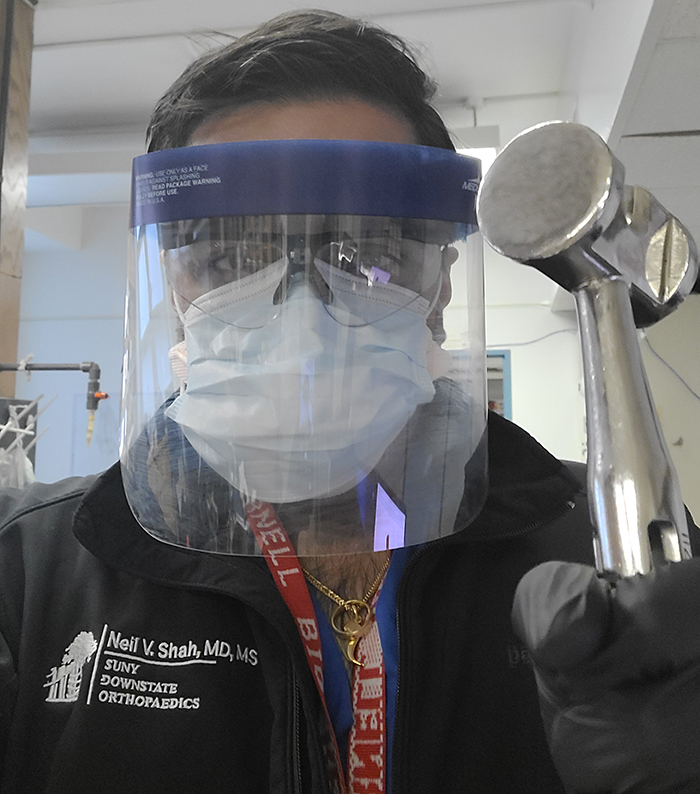AAOS Now, June 2020
-

Which Surgical Attire Prevents Perioperative Infection?
-
Frequently Asked Questions Regarding Telemedicine Coding in the Era of COVID-19
-
Who Has Access to Elective Orthopaedic Surgery During a Pandemic?
-
COVID-19 and a Surgeon’s Guilt
-

COVID-19 Is Increasing Moral Distress Among Physicians
-

Redeployed Resident Answers Call to Action
-
The Role of the Orthopaedic Surgeon in Ensuring America’s Children Are Vaccinated